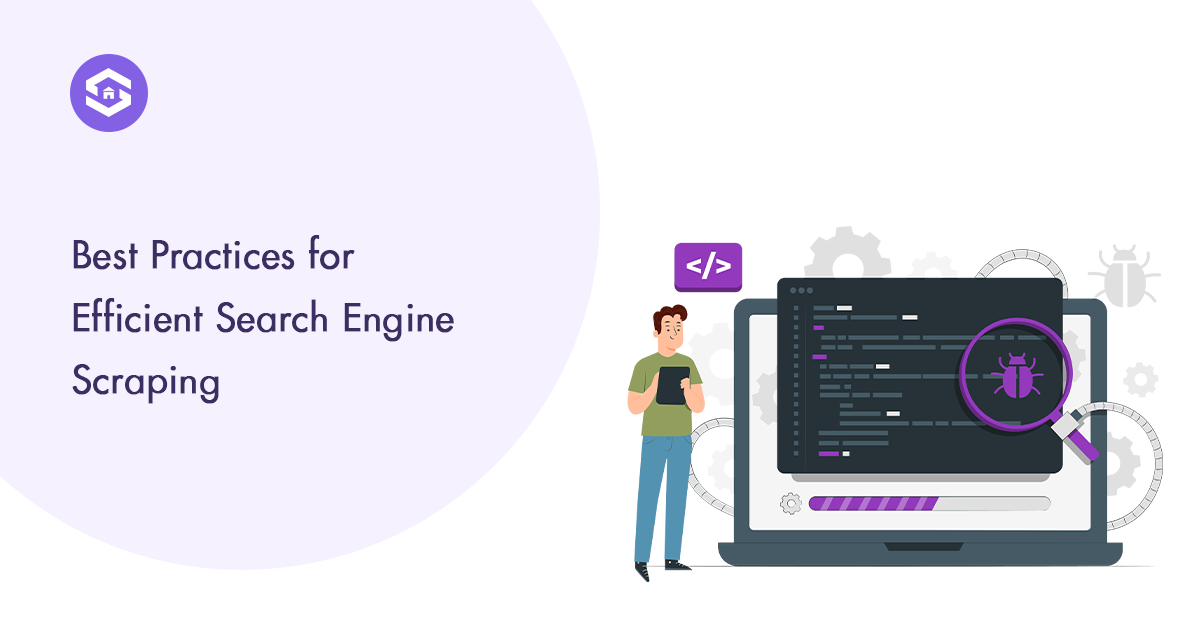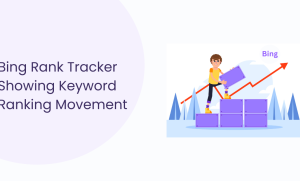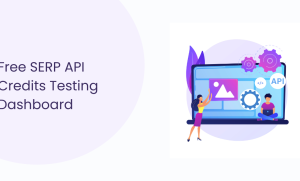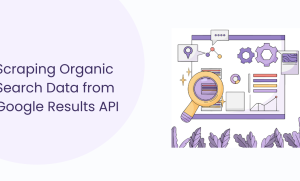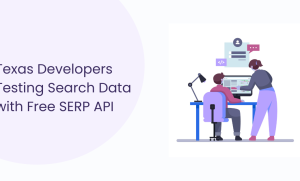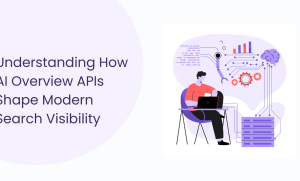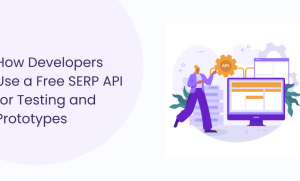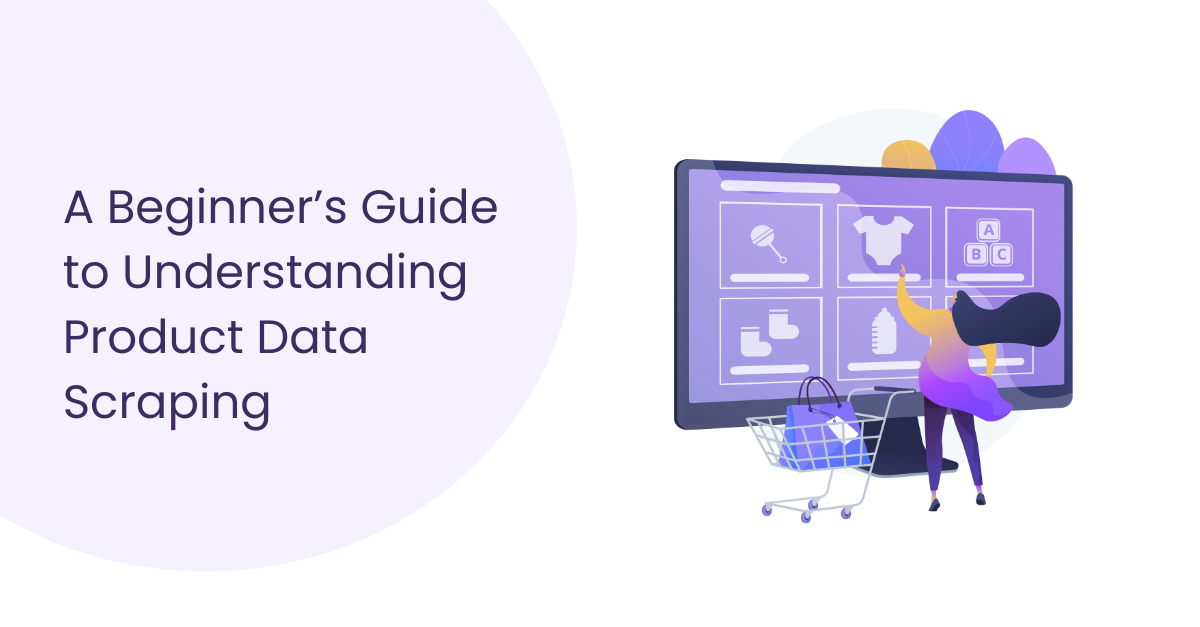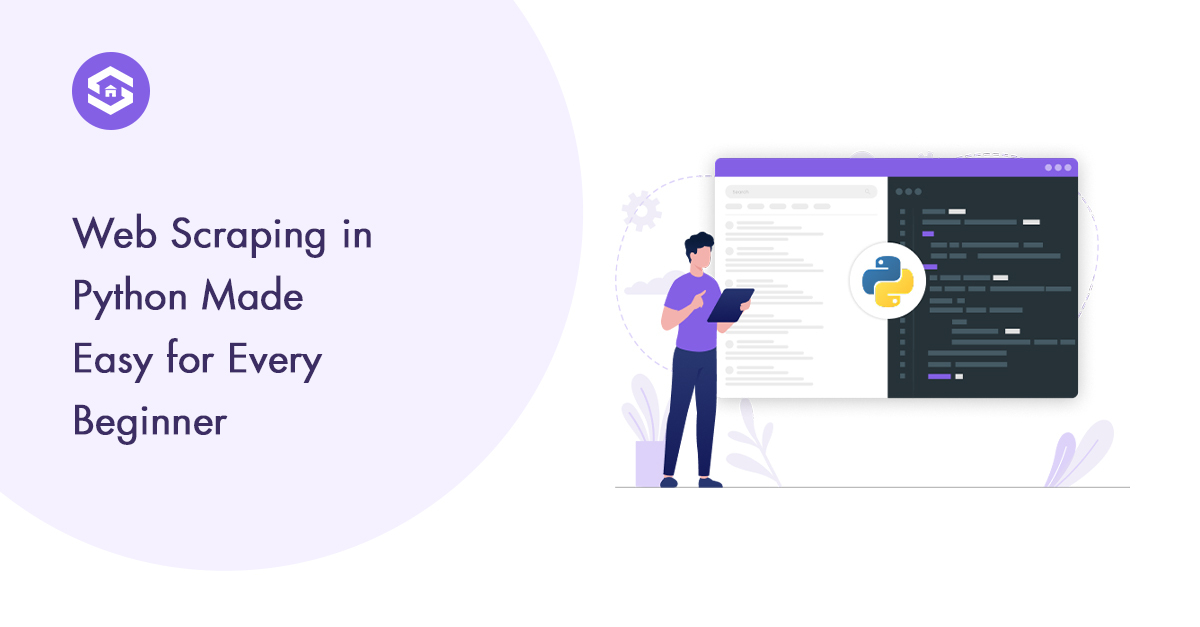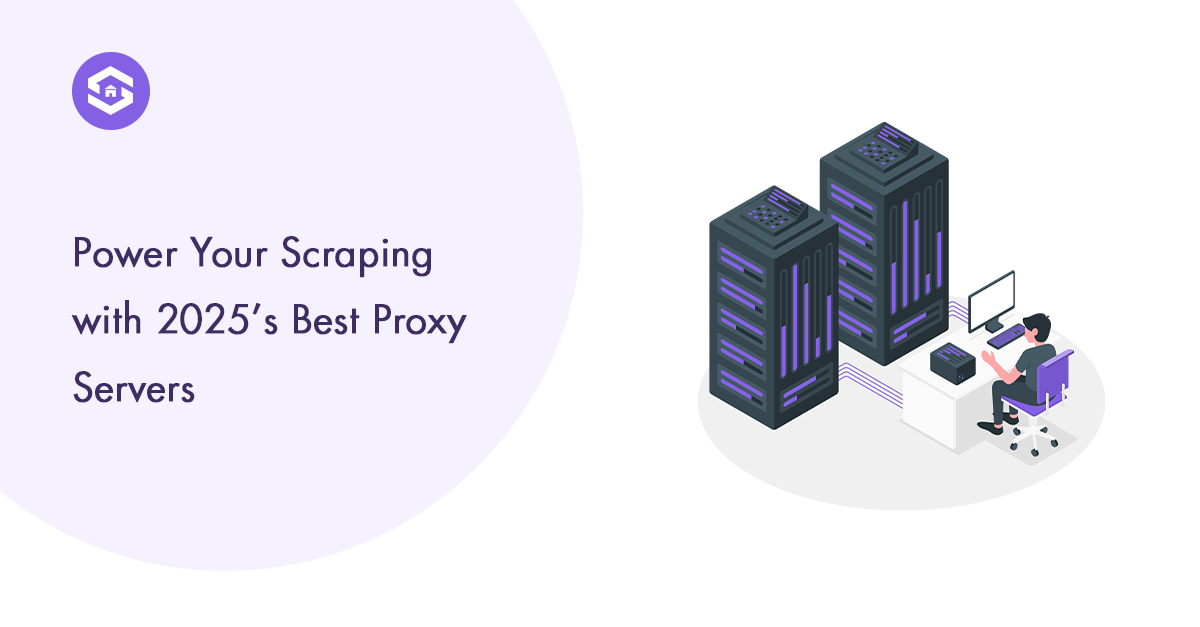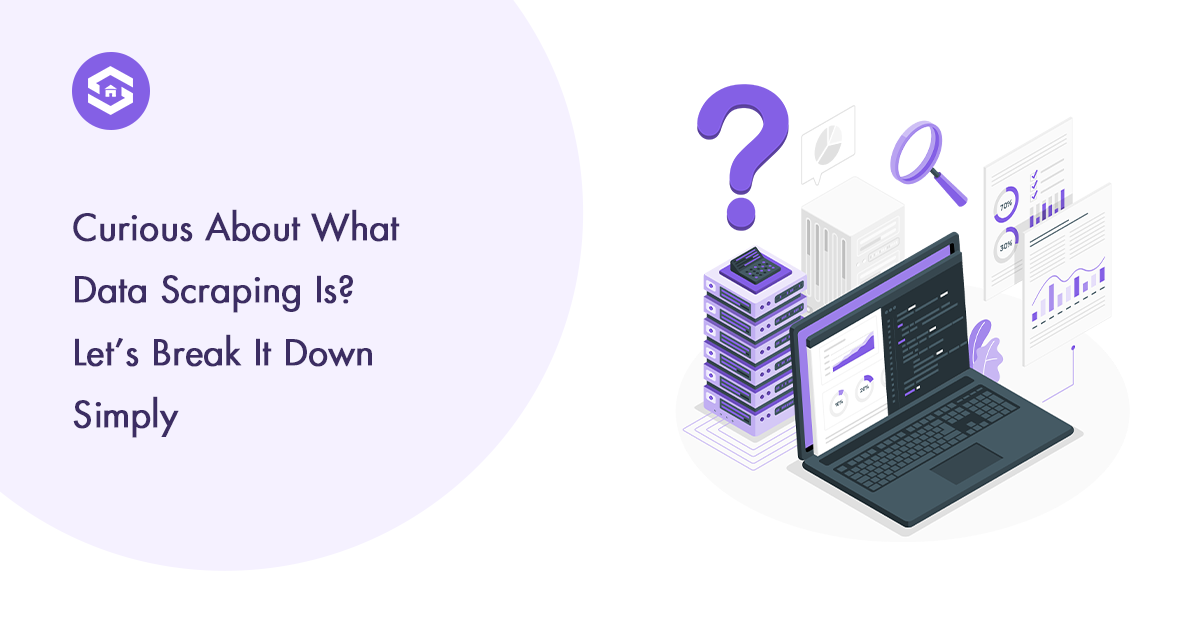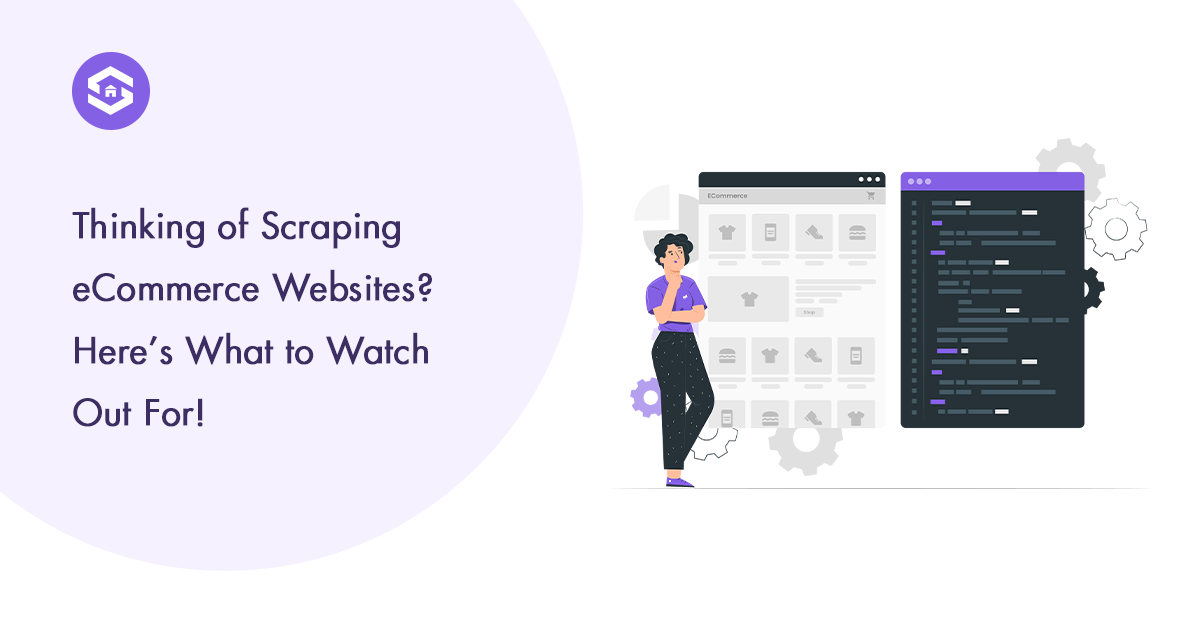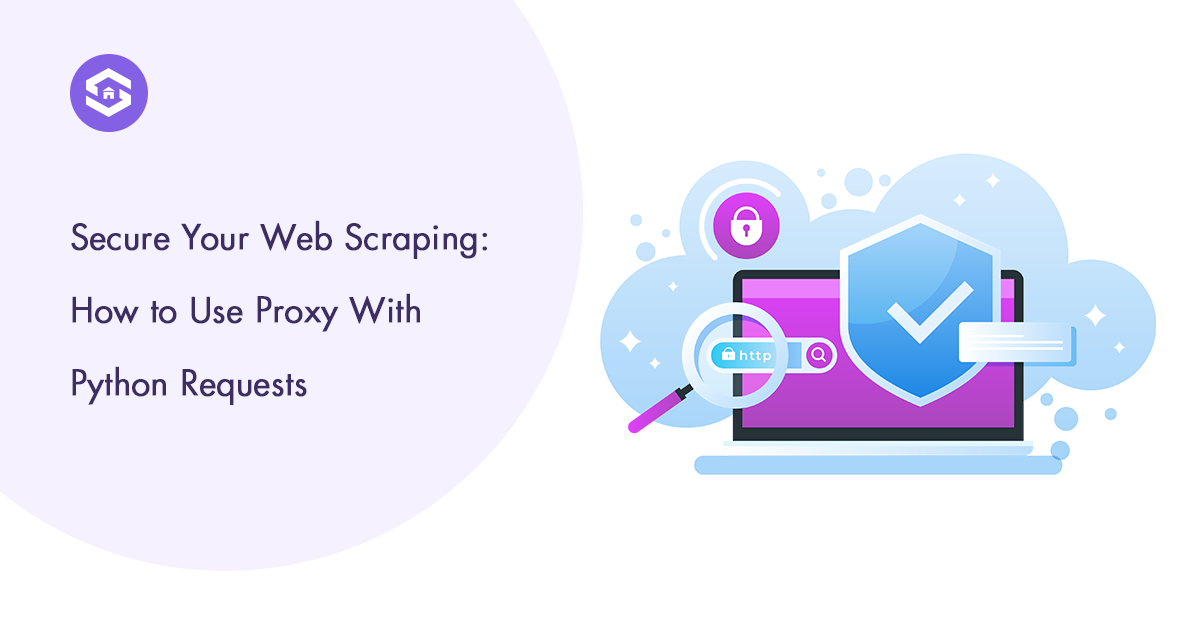Table of Contents
Table of Contents
In digital marketing and competitive intelligence, efficient search engine scraping is an invaluable tool. Whether you’re monitoring your website’s performance, conducting keyword research, or analyzing competitor strategies, scraping search engine data can provide critical insights. This comprehensive guide will explore the top techniques for efficient search engine scraping, ensuring you can gather accurate, timely data without violating search engine policies or risking your website’s reputation.
Understanding Search Engine Scraping
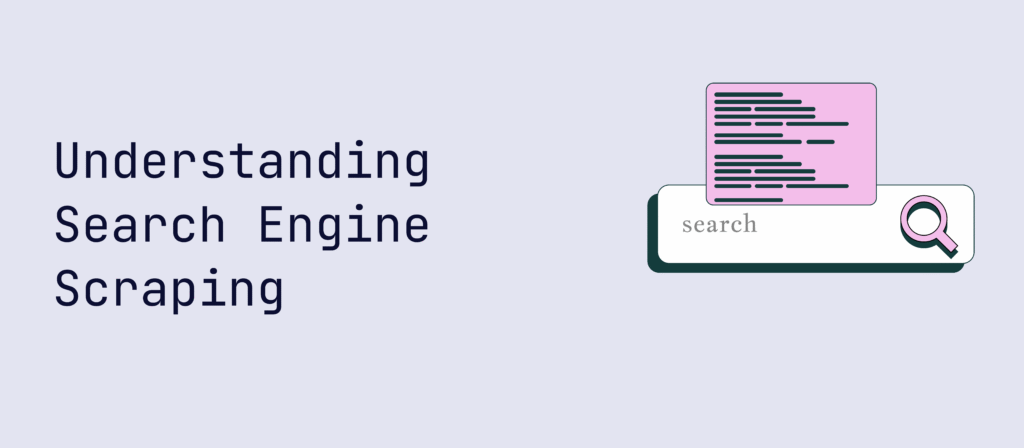
What is Search Engine Scraping?
Search engine scraping involves extracting data from search engine results pages (SERPs). This process allows you to collect information such as keyword rankings, URLs, meta descriptions, and other elements directly from search engine pages.
- SEO Monitoring: Track your website’s ranking for specific keywords over time.
- Competitor Analysis: Gain insights into competitor strategies and keyword performance.
- Market Research: Identify industry trends and popular search queries.
- Content Optimization: Discover keywords and topics that resonate with your audience.
Legal and Ethical Considerations
Before diving into the techniques, it’s crucial to understand the legal and ethical implications of search engine scraping. Many search engines have terms of service that restrict automated data extraction. Violating these terms can result in IP bans, legal action, or other penalties.
- Respect Robots.txt: Follow the instructions outlined in the robots.txt file of the website to ensure compliance.
- Limit Request Frequency: Avoid sending too many requests quickly to prevent overloading the server.
- Identify Your Bot: Identify your bot by setting a user-agent string.
- Use APIs: Whenever possible, official APIs are provided by search engines for data retrieval.
Top Techniques for Efficient Search Engine Scraping
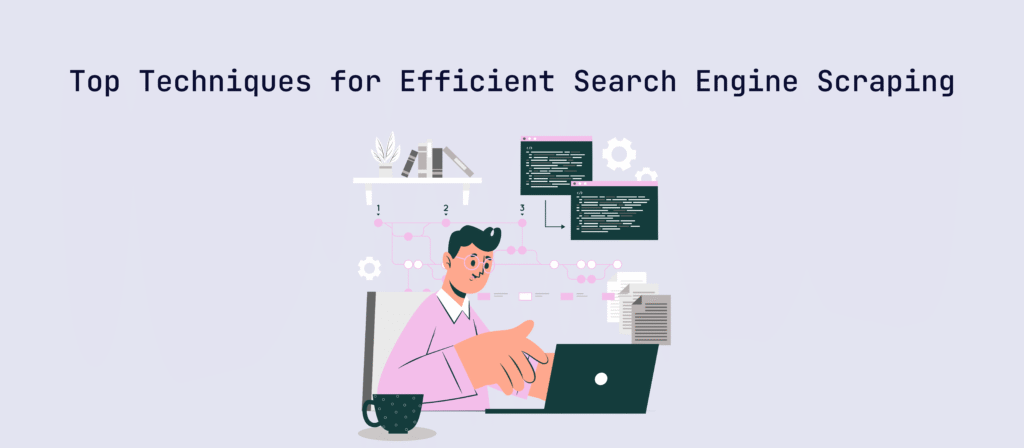
1. Using Proxies for Anonymity and Avoiding Bans
Proxies are intermediary servers that mask your IP address, allowing you to request a server without revealing your IP. This is crucial for preventing IP bans when scraping data from search engines.
- Datacenter Proxies: Quick and affordable, yet susceptible to detection and blocking by search engines.
- Residential Proxies are more expensive but harder to detect and block since they come from real IP addresses.
- Rotating Proxies: Automatically change IP addresses with each request, making it harder for search engines to detect scraping activities.
2. Implementing Request Throttling and Delays
Search engines monitor traffic patterns to detect scraping activities. Sending too many requests in a short period can trigger anti-scraping mechanisms.
How to Implement Throttling
- Rate Limiting: Restrict the amount of requests allowed within a specific timeframe, such as per second or minute.
- Random Delays: Introduce random delays between requests to mimic human browsing behaviour.
3. Utilizing Headless Browsers
Headless browsers, such as Puppeteer and Selenium, allow you to interact with web pages just like a regular browser but without a graphical interface. This makes them ideal for scraping dynamic content that relies on JavaScript.
- JavaScript Rendering: Can render and interact with JavaScript-heavy pages.
- Simulating Human Behavior: Can simulate user interactions like clicking and scrolling.
4. Extracting Data with XPath and CSS Selectors
XPath and CSS selectors are powerful tools for locating and extracting specific elements from web pages.
Using XPath
XPath is a language used to query and select nodes within an XML document. It’s beneficial for navigating complex HTML structures.
Using CSS Selectors
CSS selectors are patterns used to select elements based on their attributes, IDs, classes, and other properties. They are often more readable and easier to use than XPath.
5. Handling CAPTCHA and Other Anti-Scraping Mechanisms
Many websites, including search engines, use CAPTCHAs and other anti-scraping mechanisms to prevent automated access.
Bypassing CAPTCHA
- CAPTCHA Solving Services: Use third-party services to solve CAPTCHAs.
- Machine Learning Models: Develop machine learning models to automatically solve CAPTCHAs.
6. Leveraging APIs for Structured Data
Whenever possible, use official APIs provided by search engines for data retrieval. APIs offer structured data in a format that’s easier to process and integrate into your workflows.
- Google Custom Search API: Allows you to build custom search engines and retrieve search results.
- Bing Search API: Provides search results and other data from Bing.
7. Data Storage and Management
Efficiently storing and managing the scraped data is as important as the scraping process itself.
Database Solutions
- SQL Databases: Use for structured data with predefined schemas.
- NoSQL Databases: Suitable for disorganized or partially organized data.
- Remove Duplicates: Ensure data uniqueness by removing duplicate entries.
- Standardize Formats: Standardize the data format to streamline the analysis process.
8. Ensuring Data Accuracy and Integrity
Reliable and precise data is necessary for meaningful analysis.
Techniques for Ensuring Accuracy
- Validation: Regularly validate the scraped data against known benchmarks or sources.
- Error Handling: Implement robust error handling to manage failed requests and retries.
Case Study: Enhancing SEO with Efficient Search Engine Scraping
The Challenge
A digital marketing agency is needed to track keyword rankings and analyze competitor strategies across multiple search engines. Manual tracking was time-consuming and prone to errors.
The Solution
The agency implemented a robust search scraping solution using rotating proxies, headless browsers, and APIs. They set up automated scripts to scrape data daily, storing it in a NoSQL database for real-time analysis.
The Results
- Increased Efficiency: Automated scraping saved countless hours of manual work.
- Improved Accuracy: Real-time data allowed for more accurate keyword tracking and competitor analysis.
- Enhanced Strategy: The agency could quickly identify and act on emerging trends, significantly improving its SEO strategies.
Future Trends in Search Engine Scraping
As technology evolves, so do the methods and tools for search engine scraping. Keeping up with these trends can give you a competitive advantage in the realm of digital marketing and SEO.
AI and Machine Learning Integration
The integration of AI and machine learning in search engine scraping can significantly enhance data accuracy and efficiency. Machine learning algorithms can be trained to recognize patterns, solve CAPTCHAs, and adapt to changes in website structures.
Increased Focus on Ethical Scraping
With the growing emphasis on data privacy and ethical scraping practices, future scraping tools and techniques will likely incorporate more robust compliance features. This includes better adherence to robots.txt, improved user consent mechanisms, and more transparent data usage policies.
Enhanced Data Analysis and Visualization Tools
The future will see more advanced tools for analyzing and visualizing scraped data. These tools will offer deeper insights, predictive analytics, and real-time monitoring capabilities, enabling businesses to make data-driven decisions more effectively.
Conclusion
Efficient search engine scraping is a powerful tool for SEO, competitive analysis, and market research. By implementing the techniques outlined in this blog—using proxies, request throttling, headless browsers, XPath and CSS selectors, and leveraging APIs—you can gather valuable data while adhering to ethical and legal standards. As demonstrated in the case study, a robust scraping solution can enhance your SEO strategy, save time, and provide critical insights into your online performance. Start integrating these techniques today to stay ahead in the ever-evolving digital landscape.
FAQs
Search engine scraping involves extracting data from search engine results pages (SERPs) to analyze keywords, rankings, and competitor information. Businesses can use it to make well-informed decisions regarding their SEO strategies.
Search engine scraping provides valuable insights into keyword performance, competitor analysis, and market trends. This data helps optimize content, improve rankings, and drive more organic traffic.
Popular tools for search engine scraping include SERPHouse API, Scrapy, Beautiful Soup, and Selenium. These tools help automate the process and ensure accurate data collection.
Yes, search engine scraping can provide insights into competitors’ keyword strategies, content performance, and backlink profiles. This information is crucial for developing competitive SEO strategies.

